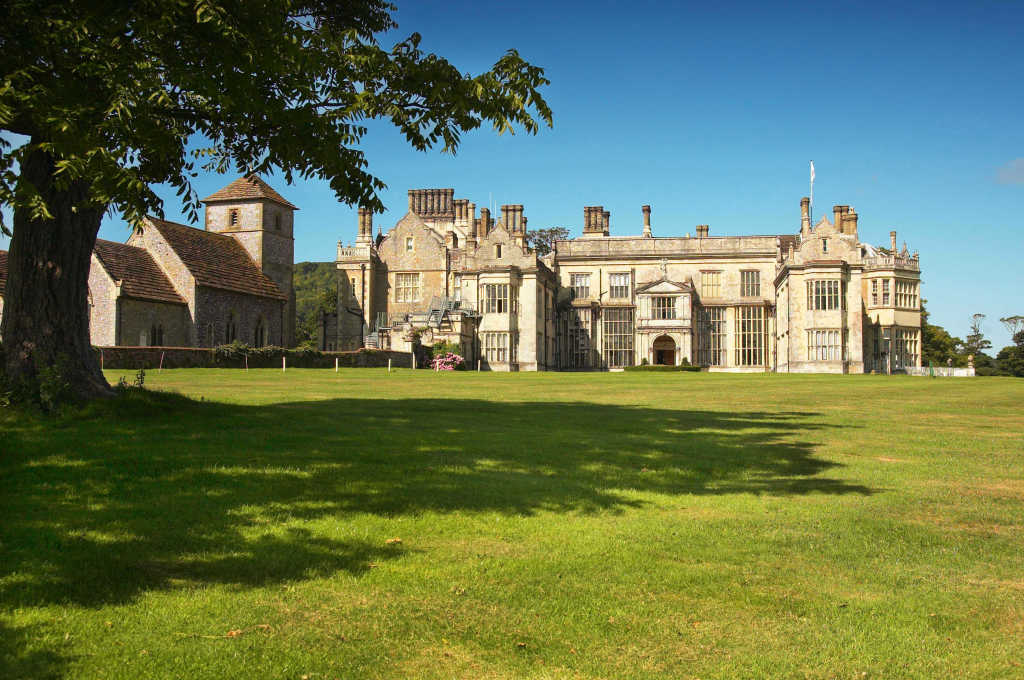Developing a Multilateral Approach to Freedom of Religion or Belief: A European Perspective

The Conference Developing a multilateral approach to freedom of religion or belief: a European perspective was held 9-11 February 2015 at Wiston House, Wilton Park. Wilton Park is an international forum for strategic discussion located in Sussex, United Kingdom. The Wilton Park conference was part of a larger project of transatlantic policy dialogue funded by the British Council/Luce Foundation Bridging Voices programme entitled ‘Freedom of Religion or Belief (FoRB) and Foreign Policy: A transatlantic dialogue for a multilateral approach to religious freedom’. The first leg of will focus on the emerging European approach and the U.S./European divide, but will also starting opening up the discussion over the policy prospects of a joint multilateral approach to FoRB, which was the focus of the second leg of the dialogue in the US in Washington DC in Autumn 2015.
International experts participating in the conference includes Gary Wilton, Elizabeth Berridge, Fabio Petito, Daivd Saperstein, Andrew Bennett, Oliver Roy, Jean-Christopeh Peaucelle, Silvio Ferrari, Jean-Bernard Bolvin, Pierre Morel, Cole Durham, Heiner Bielefeldt, Claudio Mario Betti, Paul Bhatti, John Esposito, Anita Weiss, Ram Madhav, Peter Mandaville, Malcolm Evans, Timothy Shah, Sue Breeze, Knox Thames, and Pasquale Ferrara.
The project has been elaborated by a consortium which includes the University of Sussex (Fabio Petito), the University of Notre Dame (Dan Philpott), the University of Milan (Silvio Ferrari), and the European University Institute (Olivier Roy). Partners in the conference are Georgetown University, The British Council, Foreign & Commonwealth Office, RelgioWest, European Research Council (erc), University of Sussex, and the International Center for Law and Religion Studies at Brigham Young University
This programme is designed to enable European policymakers and other experts to contribute to strengthened multilateral cooperation on freedom of religion or belief (FoRB) in dialogue with transatlantic partners. In June 2013 the EEAS adopted its Guidelines for the Promotion and Protection of Freedom of Religion or Belief. In doing so, EU member states reaffirmed and embedded the promotion of freedom of religion or belief for all within their wider international commitment to Human Rights. Together with the creation of the Office for Religious Freedom in the Canadian DFATD, the EU guidelines represented one of the most significant of an increasing number of governmental and inter-governmental initiatives including observatories, commissions, offices and panels of experts for the protection of FoRB internationally. Although all are tasked with fostering FoRB, the different institutional approaches reflect very different conceptions of FoRB and state-religion arrangements. They can be classified as follows: monitoring and informing, assisting, promoting and defending, and engaging. The merits and challenges of each of these different approaches need to be assessed.